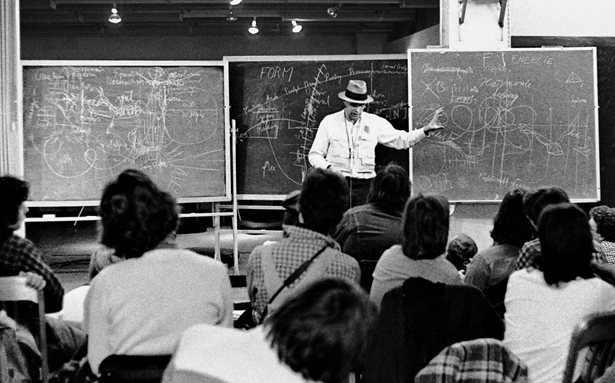1st July – Love and Belonging in the Educational Realm
Lecture Notes
The Undercommons
What’s needed is not recognition of those on the margins, but a deconstruction of the systems that create marginalisation. With these systems and constructions in place it’s impossible to know what the world will look like without them.
These ideas of what the ‘margins’ are reminded me of a quote from Toni Morrison: “It’s inconceivable that where I already am is the mainstream…I stood at the border, stood at the edge and claimed it as central. l claimed it as central, and let the rest of the world move over to where I was.”
‘What we want after the break will be different to what we think we want before it.’
As teachers we need to think fundamentally about education and what our students need. What can we do to create different types and better connections?
Where The Wild Things Are — where is home and belonging? You can have a home but it doesn’t protect you from everything.
A world we belong to and other people’s worlds, some people dance between these dialectics.
Anna Julia Cooper
She grew up in a time of enormous social change in the US.
‘My lines have fallen in pleasant places’ (A Voice from the South, 1892)
She found her own education by knowing who and how to ask people (meaningful conversations are vital!). This meant she had access to an educational system previously only open to men. She set an example and left those doors open for other women to walk through.
A university offers shelter from the outside world. The college is only the tip of the iceberg, and the roots can grow deep and wide.
A Voice from the South — white men can’t speak to black men’s experiences, and black men can’t speak to black women’s experiences
Belonging is intersectional, and we may operate as groups but identity is individual. We may be part of a particular grouping but this doesn’t mean we can speak for each other. Therefore it makes little sense to speak about ‘The Student Experience’ because it is always something individual.
1. Women’s inclusion in education – women are vital to rebirth
She was a Victorian feminist and saw something essential in women that balances masculinity
Lou Salome – femininity provides stability (trained with Freud)
2. Economic case for education—equality and the equal distribution of wealth.
3. Practical and vocational education along with the ‘liberal arts’
This remains the dominant view in the philosophy of education.
Alexander Crummell (1819-1898) agreed that vocational study should also include the classics and this is the route to emancipation.
Aldous Huxley—creating a new world or ‘Island’ that requires lots of different types of education for the world to function correctly.
Cooper also had the ideas about educators should be educated.
There is often no time to inwardly digest/ no time to keep your own education alive
Original thought can overcomplicate teaching, or, can be seen as doing so
The teacher must sell his books. More bothered about jumping from one idea to the next rather than learning in a way that can help students.
(taken from the article The Humour of Teaching)
Even publication can be a system that is not open to everyone.
After the break the culture we make might not be one where everyone feels at home in the same way they do now. Is a stable sense of dwelling and boundaries part of this problem? This might just cause constant defence/confrontation.
Margaret Atwood on Fear:
Men are afraid women will laugh at them, and women are afraid that men will kill them.
This is about our radically different views and fears.
Question:
What fears come in to play when we think of belonging in education?
